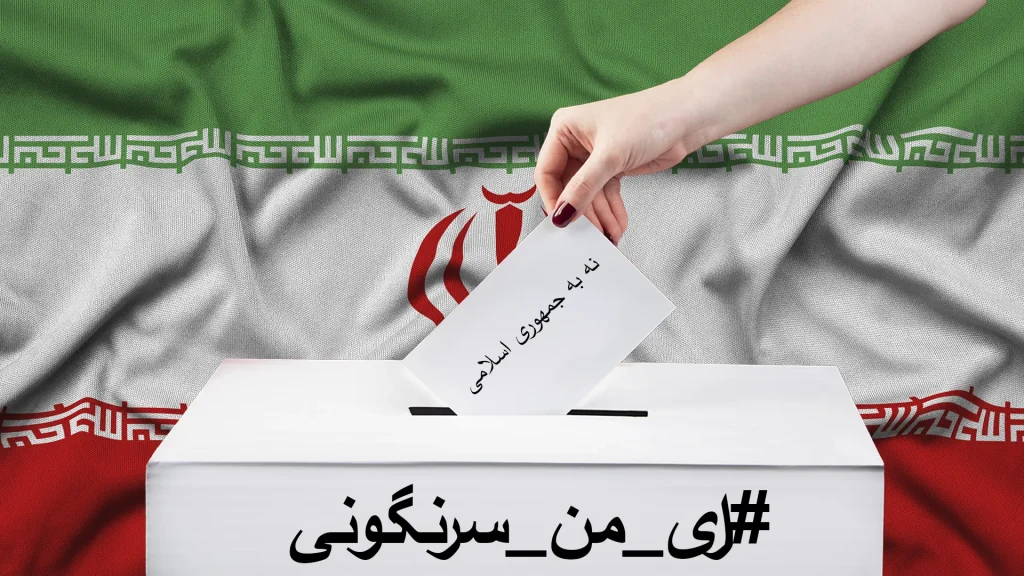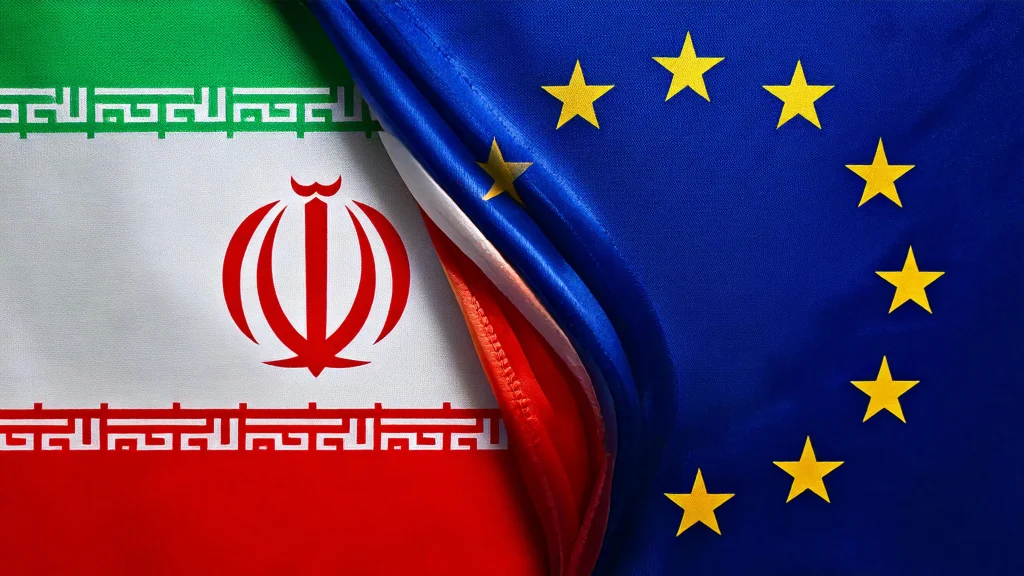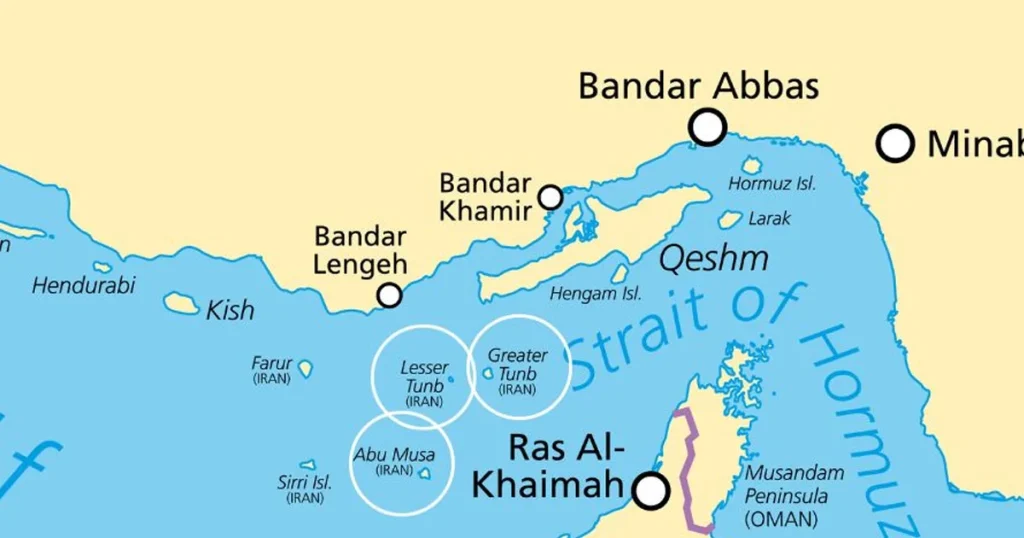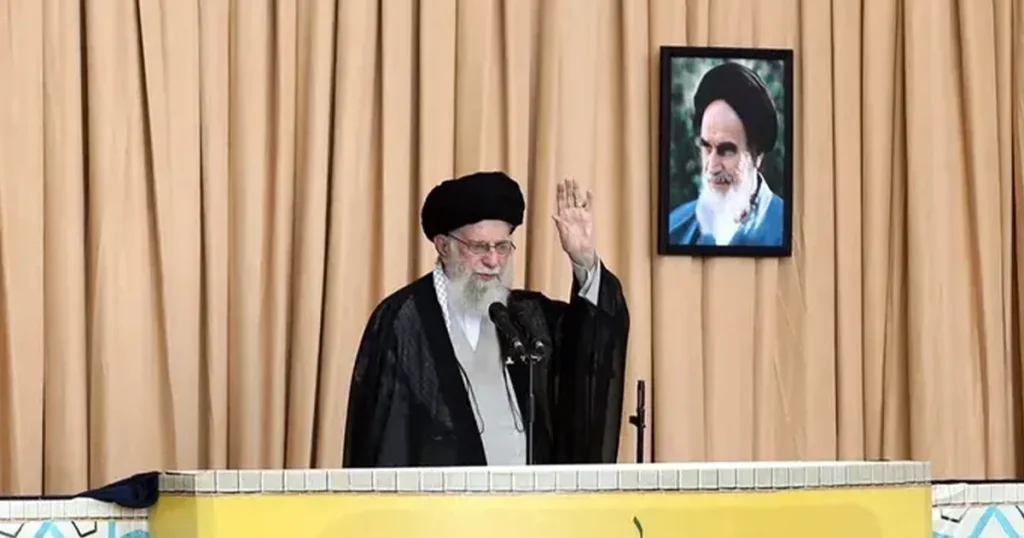In the Islamic Republic, elections are far from democratic. These so-called elections are a carefully orchestrated spectacle designed to give the regime an air of legitimacy while maintaining its iron grip on power. Iranians, both at home and abroad, should see these elections for what they truly are: a scam that perpetuates oppression and tyranny. This blog post delves into why participating in these sham elections is a mistake and why a collective boycott is the most powerful statement Iranians can make against the regime.
The Illusion of Choice
The Islamic Republic presents its elections as a democratic process, but the reality is starkly different. Candidates must pass through the vetting of the Guardian Council, a body of twelve members who are handpicked by the Supreme Leader. This council disqualifies any candidate who does not align with the regime’s ideology, ensuring that only loyalists and hardliners have a chance to run. This process eliminates genuine political competition and makes a mockery of the concept of free and fair elections.

Historical Context of Manipulated Elections
Since the establishment of the Islamic Republic in 1979, every election has been marred by accusations of fraud and manipulation. The 2009 presidential election is a glaring example, where millions of votes were allegedly manipulated to ensure Mahmoud Ahmadinejad’s victory. This led to widespread protests, brutally suppressed by the regime in what became known as the Green Movement. The bloodshed that followed highlighted the lengths to which the regime will go to maintain its power.
Participating Equals Legitimizing
Every vote cast in these elections is used by the regime to claim legitimacy on the international stage. Participation, regardless of intention, is touted as an endorsement of the system. By voting, Iranians inadvertently lend credibility to a regime that thrives on human rights abuses, censorship, and oppression. This legitimacy is then leveraged to justify further crackdowns on dissent and to propagate the regime’s narrative both domestically and globally.
The U.S. Policy on Remote Voting
The United States has allowed Iranians living within its borders to vote remotely in these elections. While the intention might be to facilitate democratic participation, the unintended consequence is the legitimization of a brutal regime. By providing a platform for remote voting, the U.S. is inadvertently supporting the continuation of the Islamic Republic’s oppressive policies. Iranians in the U.S. should recognize this and abstain from participating in a process that only strengthens the hand of their oppressors.
The Consequences of Boycotting
Boycotting the elections is not a passive act; it is a powerful form of resistance. A low voter turnout would send a clear message to the international community that the people of Iran do not support the regime. It would delegitimize the elections and weaken the regime’s claim to power. The global community pays attention to voter turnout, and a significant boycott could amplify calls for international pressure and sanctions against the regime.
Historical Examples of Effective Boycotts
History has shown that boycotts can be effective in challenging authoritarian regimes. In South Africa, the boycott of apartheid-era elections was instrumental in highlighting the illegitimacy of the system and garnering international support for the anti-apartheid movement. Similarly, a widespread boycott of the Islamic Republic’s elections would undermine its claims to legitimacy and bolster the international community’s resolve to support the Iranian people’s struggle for freedom.
The Moral Imperative
Beyond the strategic reasons, there is a moral imperative to boycott these elections. Participating in a process that is inherently unjust and rigged is tantamount to complicity. The Islamic Republic has a long history of human rights violations, including mass executions, suppression of free speech, and systemic discrimination against women and minorities. By boycotting the elections, Iranians can stand in solidarity with the victims of the regime’s atrocities and refuse to endorse a system that perpetuates such abuses.
Amplifying the Voices of the Oppressed
Boycotting the elections also amplifies the voices of those who have been silenced by the regime. It honors the memory of political prisoners, activists, and ordinary citizens who have been tortured, imprisoned, or killed for daring to speak out against tyranny. It is a way of saying that their sacrifices were not in vain and that the Iranian people will not be complicit in their own oppression.
Conclusion
The Islamic Republic’s elections are a sham, designed to maintain the illusion of democracy while entrenching a tyrannical regime. By participating, Iranians lend legitimacy to their oppressors and perpetuate a cycle of repression and brutality. Regardless of who becomes president, the power and decision-making ultimately lie with the Supreme Leader and the Islamic Revolutionary Guard Corps (IRGC). A collective boycott is a powerful statement of resistance, signaling to the world that the Iranian people reject the regime and demand genuine freedom and democracy. It is imperative that the UK and EU follow Canada and the US in proscribing the IRGC in its entirety as a terrorist organization. Iranians, both within the country and in the diaspora, should unite in this act of defiance and take away any shred of legitimacy from the Islamic Republic. The time to stand together and boycott is now.






